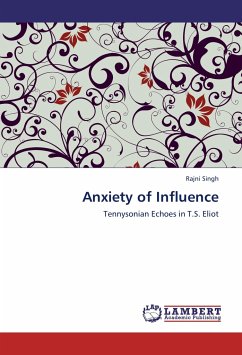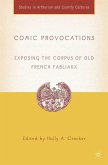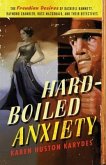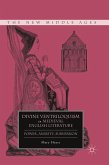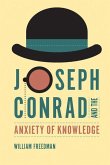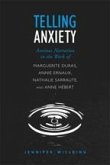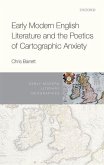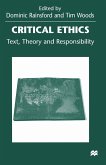The road to Eliot s The Waste Land seems to pass through Tennyson s Camelot . The echoes of the Lotos Eaters are audible in the Four Quartets and the influence of Maud on Prufrock seems undeniable both in overall design and in verbal details. Even in his most Eliotic moments of ironic self-mockery Prufrock sounds like the narrator in Maud . Eliot s indebtedness to Maud is also evident in The Waste Land . There is more of Tennyson in Eliot s poetry than mere occasional phrasing. Eliot is strikingly Tennysonian not only in imagery but also in reanimating myth as a vehicle for structuring the sense of isolation and moral degradation. This study takes us to a region of faith and pessimism administered into the narratives of Tennyson and Eliot contemplating on the mortals of The Dry Salvages . While the voice of Tennyson is the voice of a music maker and a dreamer, the spiritual quest of Eliot promises a creative force for verbal exploration through eternal darkness. It is how an approach of careful examination between Tennysonian tradition and Eliot- talent, rare of its kind, is clung to a kind of perpetual drift involving sense, fancy and spirit.
Bitte wählen Sie Ihr Anliegen aus.
Rechnungen
Retourenschein anfordern
Bestellstatus
Storno

